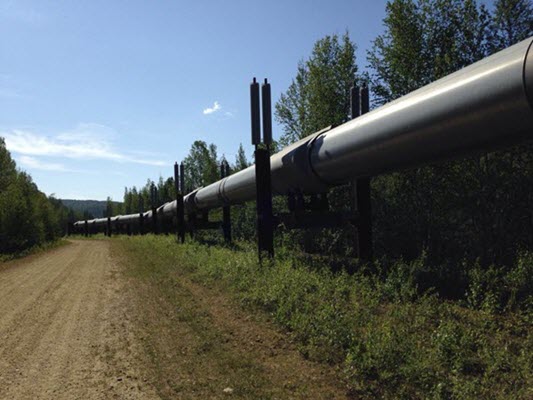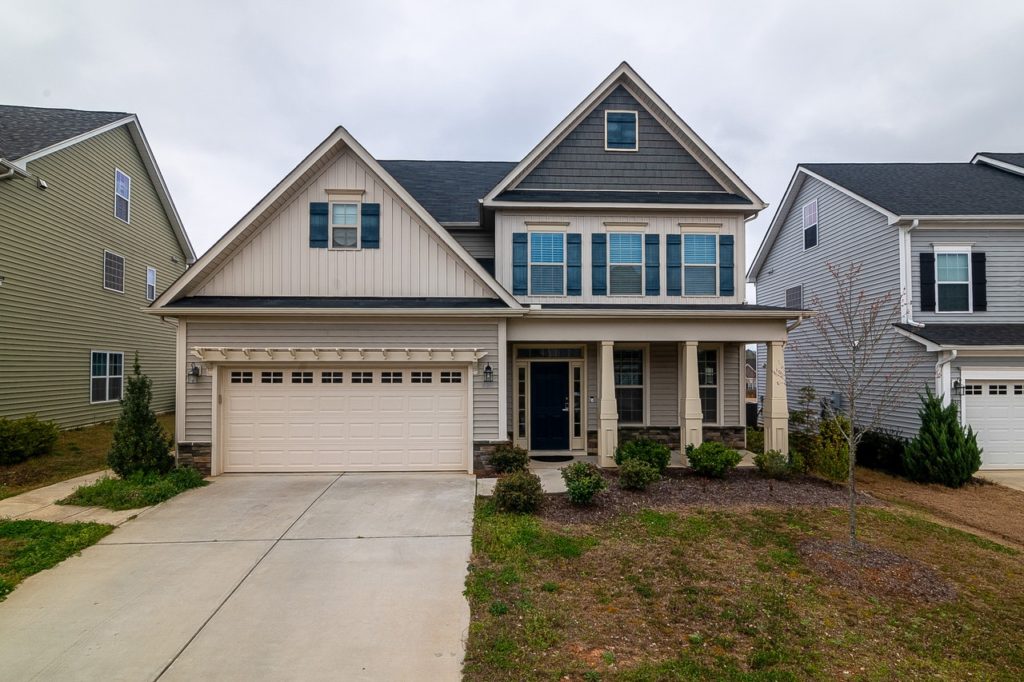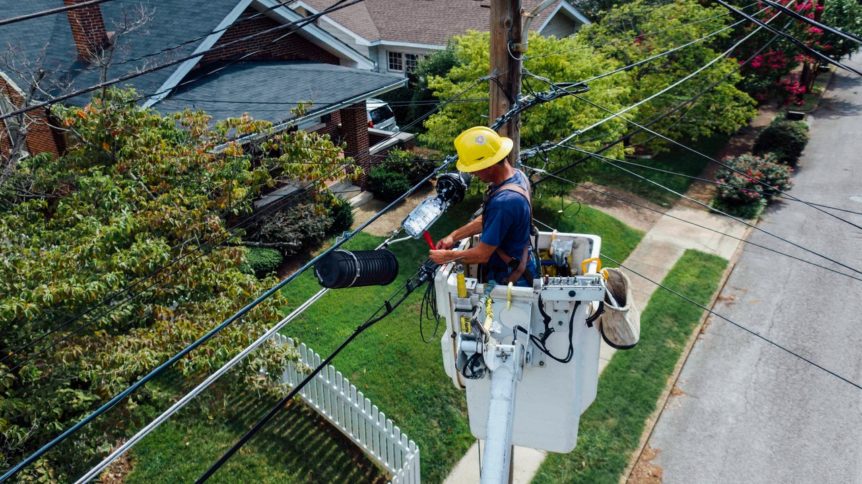You receive a letter in the mail from your utility company. It is a request to allow the county power lines to go through your property for the next five years as the city carries out major renovations on the public freeway nearby.
It’s a strange request. You’re left wondering whether that’s even legal. On further inquiry, you realize that five of your next-door neighbors have received similar requests.
This gets you thinking – what happens if there’s an accident? What if, while “digging for treasure,” your kids come into contact with an underground power line and end up getting electrocuted by it? Who would you sue for damages, and more importantly, would you get paid?
Who is liable for an accident on an easement? Here’s everything you need to know.
What Is an Easement?
First off, an “easement” is a legal right that refers to using an individual’s real property for a specific purpose and a specific duration. It essentially gives that person or entity the legal right to go through your land for the duration agreed upon, provided that the utility derived from it is consistent and adheres to the stipulated restrictions.
Although you would retain the title to your property, you would grant some form of a possessory interest in the land to the party that wishes to use it. An easement can be granted to anyone, including a neighbor, government agency, utility company, or even a privately owned corporation.
Easement vs Right of Way
If you’ve previously come across the term, you might be wondering what the difference between an easement and a right of way is. While the two may appear similar, they are not.

An easement grants one party the right to use another party’s property. This may be in the form of an appurtenant where the former has rights over the latter’s land.
It may also be gross; in which case the requesting party uses the owner’s land for the benefit of the adjoining properties. A drainage easement granted to your neighbor would be one such example, since it would prevent flooding in both properties and control runoff.
A right of way easement, on the other hand, allows one party to use the other party’s real property as a passage. So, the road that passes through or leads to your land would be an example of a right of way, especially if it is meant to provide a reasonable solution for travel.
This allows other people to access the road, and they’re granted this right by law. Under Right of Way, that portion of your land would be considered public property.
Who Is Responsible for Right of Way Maintenance?
The next logical question would be – If you’ve allowed a portion of your property to be used to grant public access or by a utility company, who would be responsible for carrying out maintenance on said section? Who is responsible for tree limbs on power lines, for instance?
Generally, if your property is being used for public utilities, it is the responsibility of the utility company in question or government to maintain the land to avoid disruption of services.
So, power companies with a utility easement, for instance, are responsible for clearing trees, low hanging limbs, fire hazards, vegetation, or even buildings on your property to allow for the construction and operation of power lines.
In all other easements, like one granted to a neighbor, the landowner must maintain it. Nonetheless, the party granted the right of way is legally obligated to restore the property to its original condition if it gets damaged.
Neighbor Easement Problems
Easement disputes among neighbors are more common than you may think. Here are two of the most frequent neighbor easement problems that often come up.
1. House Additions Blocked by Easements
Suppose you want to renovate your house and add an extra story to it. An attic floor seems to make perfect sense. But, doing so may impede your neighbor’s view, which would be in contravention of a negative easement that’s currently in force.
Maybe you’ve always wanted to build a swimming pool on your property, but you can’t because doing so would block the path your neighbor uses to access their house via an easement you granted them.
In such instances, it’s always a good idea to first bring up the matter to your neighbor and see if you can reach a reasonable compromise. If you can’t agree on a way forward, there’s nothing more you can do since you can’t unilaterally terminate an easement. You just have to figure out a way to convince them to vacate the agreement.
2. Repairing a Driveway or Road Used by Neighbors
If you granted your neighbor an easement to use a road on your property, and it needs to be repaired, it is technically your responsibility to maintain the driveway in question. You might, however, want to split the costs with them, since they are, after all, using the road to access their property.
Your best bet would be to try and take it up with them. If that doesn’t work and they don’t agree to a cost-sharing arrangement, visit the county clerk’s office and find out if there’s an ease-maintenance agreement on file. If there is – problem solved. If not, well, tough luck.
Accident Liability on an Easement
Now that you have some background on how easements work and are wondering who is liable for an accident on an easement, the truth is, there’s no straightforward answer to this. It all boils down to the language used to address liability in the agreement. This may change what the law would generally require.

In most cases, the easement rights holder, i.e., the party that directly benefits from the easement, is primarily liable for negligently creating a hazardous situation that may result in an accident. You may, however, also be liable to some extent if it’s argued on the rights facts.
If you also benefit from the easement, were aware of the hazardous situation that caused the accident, and did nothing to correct it, you may have a portion of the blame to bear.
If you have any legal questions on accident liability on an easement, talk to a specialized Laws101.com attorney today.
